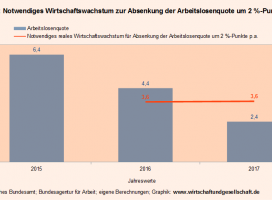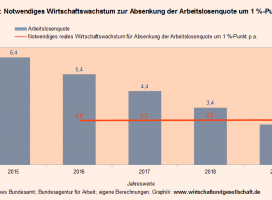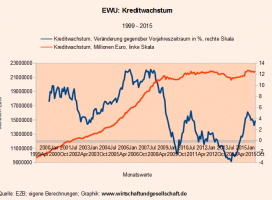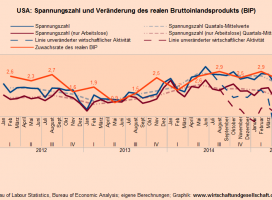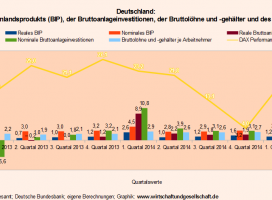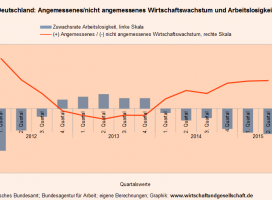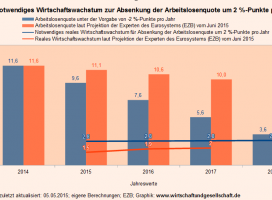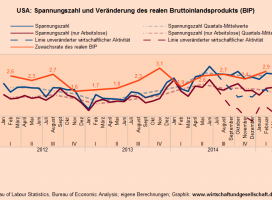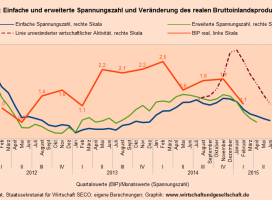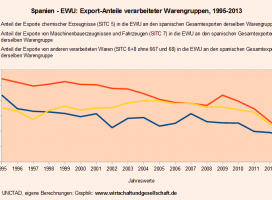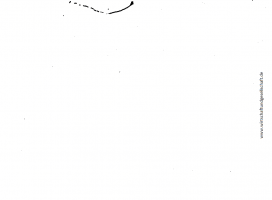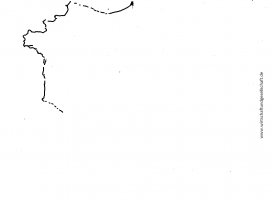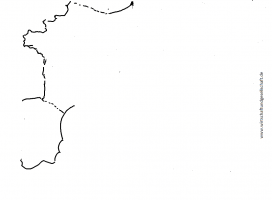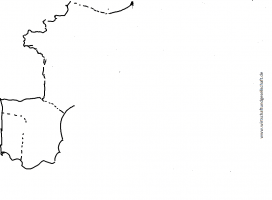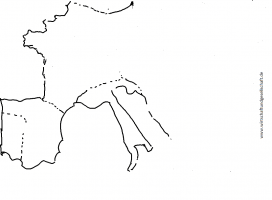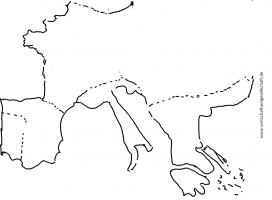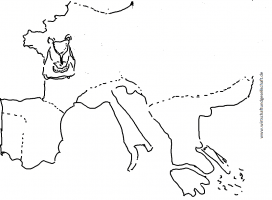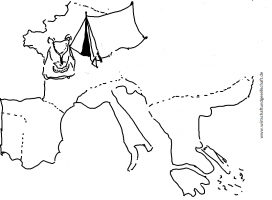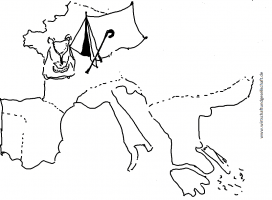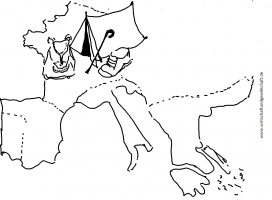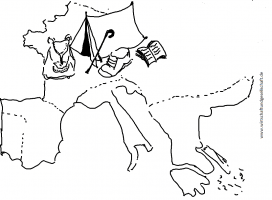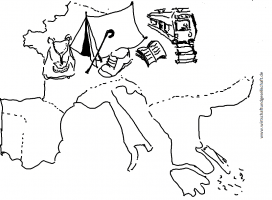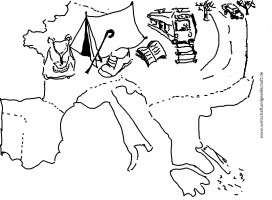Against the background of our own dry economic and social analysis WuG has criticised the policy of austerity (cutting government expenses, wages, pensions, removing employment rights to overcome the crisis) since its introduction in 2010/2011. The protagonists of this doctrine have been Germany – which has started this policy already in 2003/2005 by implementing the Agenda 2010 in Germany -, the EU Commission, the European Central Bank (ECB) and the International Monetary Fund (IMF) as well as the national governments of those countries which turned this policy into national law like in Spain, Portugal or Greece. They were followed more recently even by the governments of France and Italy though their economies and societies are suffering in the same way under the German violation of the inflation target of the ECB (last analysed here) and the austerity measures so far implemented. Now Tsipras has joined them against the result of the referendum – which he himself initiated – and against economic logic and empirical evidence. If this is true, what will come next?
We do not have to go into detail here. The new agreement will be about further spending cuts, an increase of the value added tax and additionally about selling national wealth at a loss for serving public debt. However, further spending cuts and the increase in value added tax will further burden economic growth. Since sufficient economic growth is the precondition to decrease unemployment (see our analysis here and here) the main and most urgent problem remains unsolved and is even supposed to get more precarious. A further burden on economic growth will also raise the debt burden making another debt cut and the selling of national wealth as useless as the former debt cuts (see our most recent analysis here). What is desperately needed is not less but more spending and comprehensive development planning as we have outlined in earlier articles, too.
Thus, the new agreement does not only contradict the recent vote of the majority of the Greek people against austerity made in the referendum initiated by Tsipras; it will further burden the ordinary Greek people (see for an alternative our analysis and proposal here) and does not at all give them any perspective for a brighter present and future, too. It just serves the doctrine of austerity and its lobbyists: some ideologically motivated or simply incapable politicians, the part of the financial sector which is mainly speculative, not serving first and foremost the real economy, and some rich and super rich people and interest groups, not at all representing the interests of the majority in the society. All this supports at the same time our main critique against the Tsipras government we raised from the beginning: that they focused in the negotiations with the institutions and national governments like Germany on debt and other financial matters rather than straight forward on the unbearable high incidence of unemployment not only in Greece but in Portugal, Spain, Italy and France, too – even in Germany (see also here).
What will come next? The biggest political danger is that another radical party finally succeeds. This time from the far right. Greece already has such a far-right, fascist party: the Golden Dawn. Their economic focus lies on unemployment and they already won seats in the Hellenic and European Parliament. At the same time the coalition of Tsipras as well as his own party Syriza are already deeply divided and will possibly break under the pressure of the latest agreement on which they have to vote for or against already this week.
German politicians and journalists should know best where unbearable high unemployment and deflation leads to. However, as if they had forgotten contemporary German history and against all logical and emprical evidence and human rights they uncompromisingly plead and enforce the destructive policy of austerity. It remains true: Germany is the main culprit. But Tsipras has now become a culprit, too.
—
Dieser Text ist mir etwas wert
|
|


